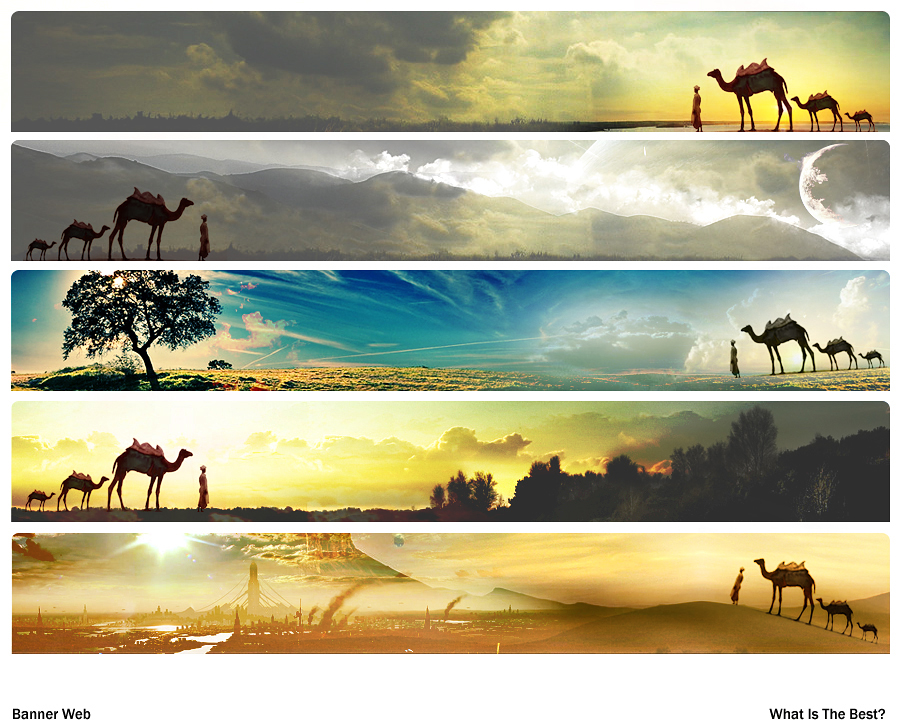 |
| knowledge and expreince |
The concepts of knowledge and experience are closely related to one another. Knowledge is usually considered as something that can be acquired through studying, while experience is something that has to be practically experienced. However, there is a connection between knowledge and experience, since experience can be specified as a part of knowledge, namely empirical knowledge. Empirical knowledge, which can also be called “a posteriori” knowledge, is the knowledge gained from experiments. Experience can be further split up into subcategories such as physical, mental and emotional experience, according to the type of experience made. The concept of knowledge can be subdivided into the categories of skill, information and expertise. Information would be theoretical knowledge, while expertise is practical knowledge in a specific field, and skill is usually a combination of both theoretical and practical knowledge.
Intelligence can be defined as the sum of knowledge and experience that we have gained in the course of our lives. This is also why expertise and wisdom are typically associated with old age, as the sum of experiences of an older person is generally larger than that of a younger person. The challenge of modern professional life is to find experts who are still young, but have an extensive knowledge in their field of expertise. Educational institutions are therefore called upon to adapt their curricula to the demands of the market. A modern education or training program needs to transfer knowledge to students quickly and effectively while at the same time integrating work practice in order to give students the opportunity to gain experience in the field. A concrete example would be the compulsory work practice for Masters Degrees, which usually covers the duration of one month in full-time employment. Although these measures are a step towards better-educated young experts, there is still room for improvement.




